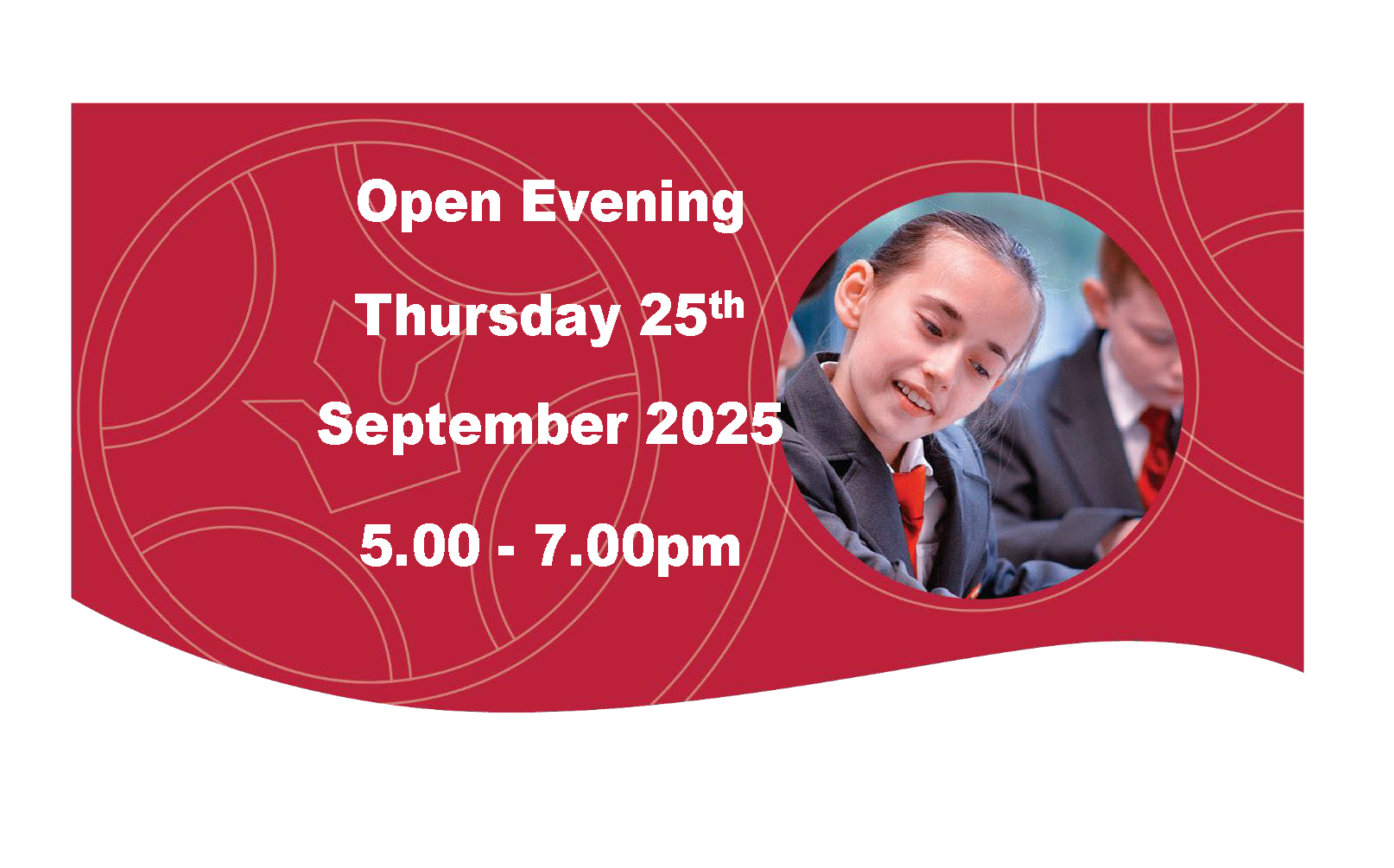.jpg)
Before lessons it is expected that all teachers are aware of pupils’ starting points including ability, PP status and SEND. Teachers should also be aware of previous assessment results and required intervention.
Key Ingredients
To ensure every child gets consistently good teaching and learning, the following key features are expected in all classrooms:
‘The Our Lady’s Way’
- Warm and Friendly Welcome
- Recall and Retrieval task
- Pre teach new vocabulary
- Introduction of new learning
- Assessing and Tackling Misconceptions
- Feedback
- Positive Finish
- All teachers must greet students at the door and use positive, welcoming language.
- Standards should be checked at the door and issues dealt with in a calm manner (see behaviour scripts)
- All resources should be ready with the date, title, lesson objective and recall displayed.
- Black and red pens, rulers and other equipment should be available for students to collect on entry.
- Students should take their seats quickly and calmly, open books and record the date and title/lesson objective.
- Teachers should take the register and award positive points for pupils who are ‘here, ready and on time.’ Teachers should praise pupils for this.
- Tasks should be ready on the board or printed on tables when students arrive.
- The tasks should address previous misconceptions or link new knowledge to previous learning
- They should take no longer than 10 minutes to complete and self-assess.
- Pupils should be questioned (using cold calling or MWBs) and mark in red pen. Teachers should not simply display the answers for them to copy.
- Teachers should ask for pupils scores and address any misconceptions (see appendix 1).
- Teachers should remind pupils of super 6 expectations (appendix 6).
- New vocabulary should be displayed throughout the lesson
- New vocabulary should be explicitly taught using methods such Frayer model, dual coding and morphology.
- New words should be read aloud using I say, you say.
- Staff should encourage use of new vocabulary by challenging students to ‘upscale’ their language
- New content must be introduced in manageable chunks being mindful of cognitive load
- Questioning must be used throughout to ensure student have clarity (see appendix 4)
- Teachers should model tasks using worked examples, whilst asking questions to ensure clear understanding (I Do)
- Teachers should then lead pupils in guided practice (We do)
- Pupils should then start independent practice and teachers should check regularly for understanding.
- Pupils should then continue with independent practice. If misconceptions are identified teachers should stop and reteach. Do not continue if children have misunderstood. (See appendix 4)
Students understanding should be regularly checked using the following AfL strategies:
- Mini whiteboards (appendix 6)
- Pose Pounce Bounce – Pose a question, pounce for the answer, bounce around the room for more in depth understanding
- Think, Pair, Share – Ask a question and give 30 seconds for pupils to think, pair with a partner and discuss answers, share answers with the class
- Ace Questioning – Ask a question and give pupils the option to Extend on the answer or challenge it.
- Low Stakes Quizzes – Either written or using mini whiteboards use quizzes in the middle or end of lessons to check for understanding. When misconceptions arise stop and readdress.
- Live Marking - During independent practice, teachers should circulate the room and read pupils’ work. If they spot spelling errors, they should correct. If they spot misconceptions, they should support. If common misconceptions are identified stop and reteach.
- Student improvement should be evident in books every lesson following self-assessment, live marking and key piece feedback. (see page 10 for further details)
- Assessment feedback should be built into learning with sufficient time made available to go through assessments and make improvements – WWW, EBI and fix it activities.
- Lessons should end with an exit task to summarise or recap new learning – Have they achieved the lesson objective?
- Pupils should leave desks tidy and return any borrowed equipment.
- Teachers should award positive points for super 6 (appendix 6) and hard work and praise students accordingly
- Students should stand quietly behind desks and be dismissed in an orderly fashion.
